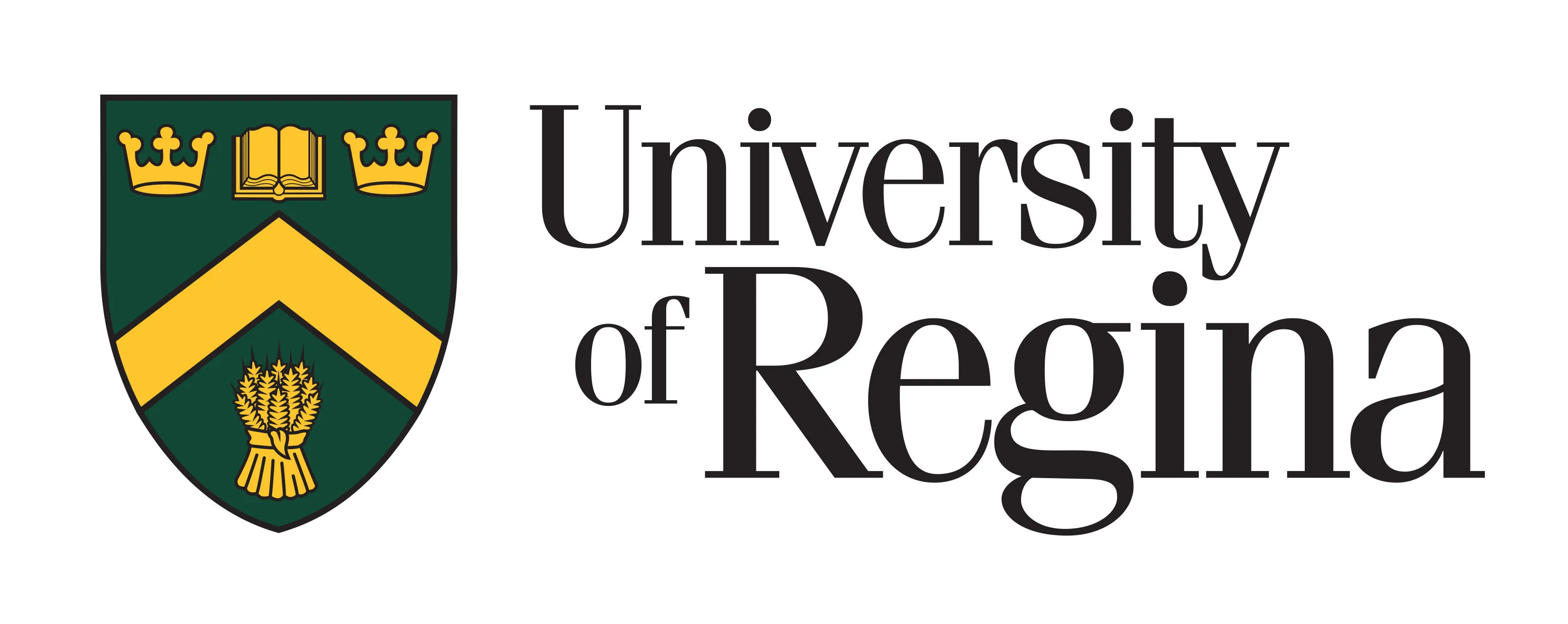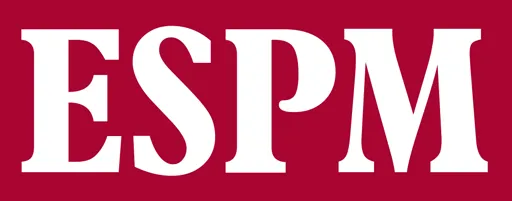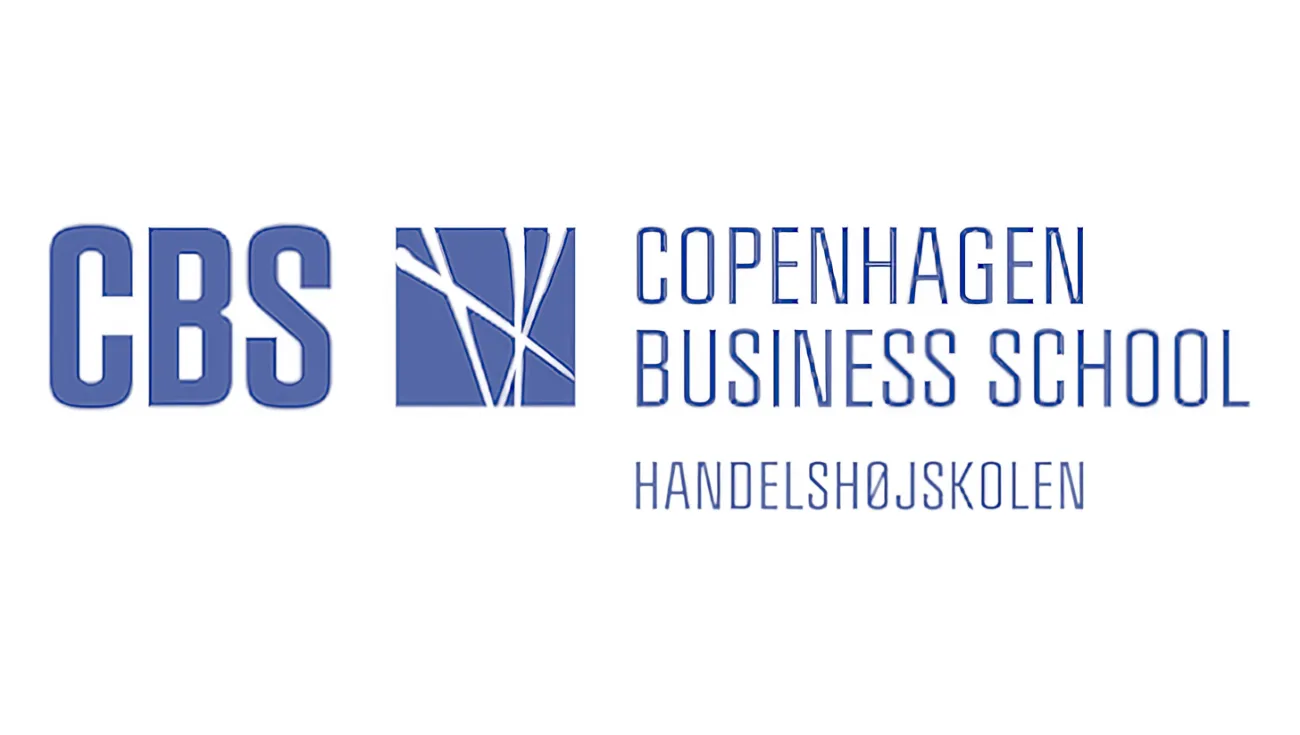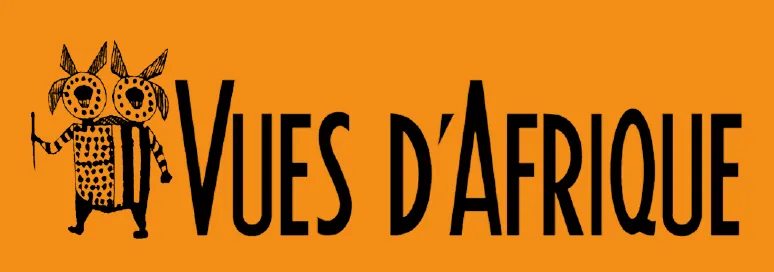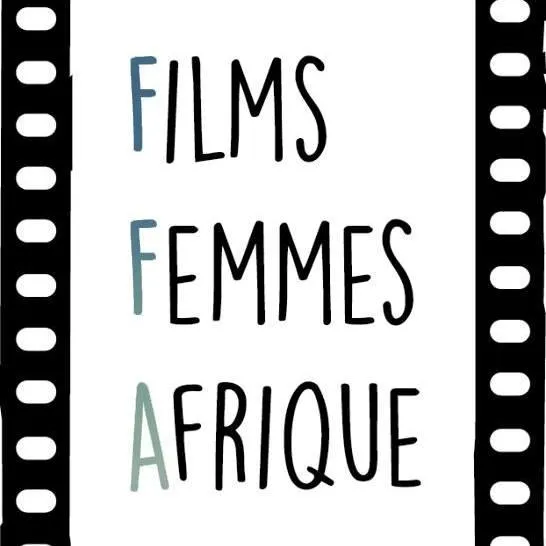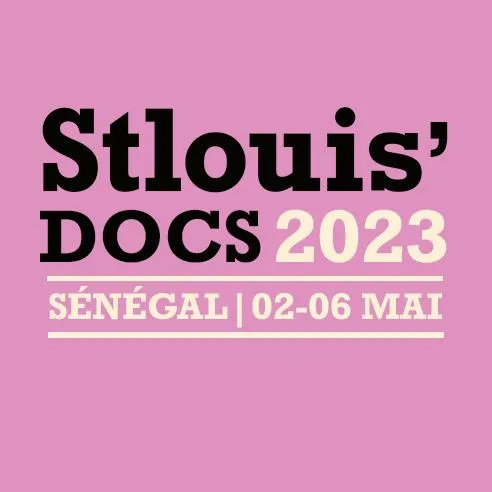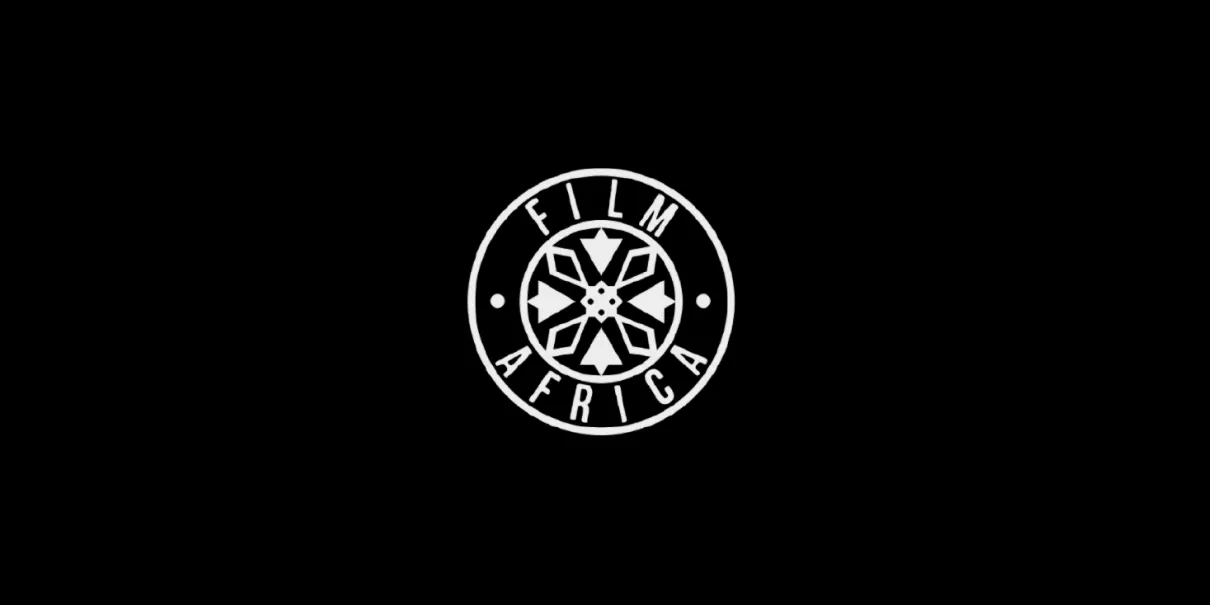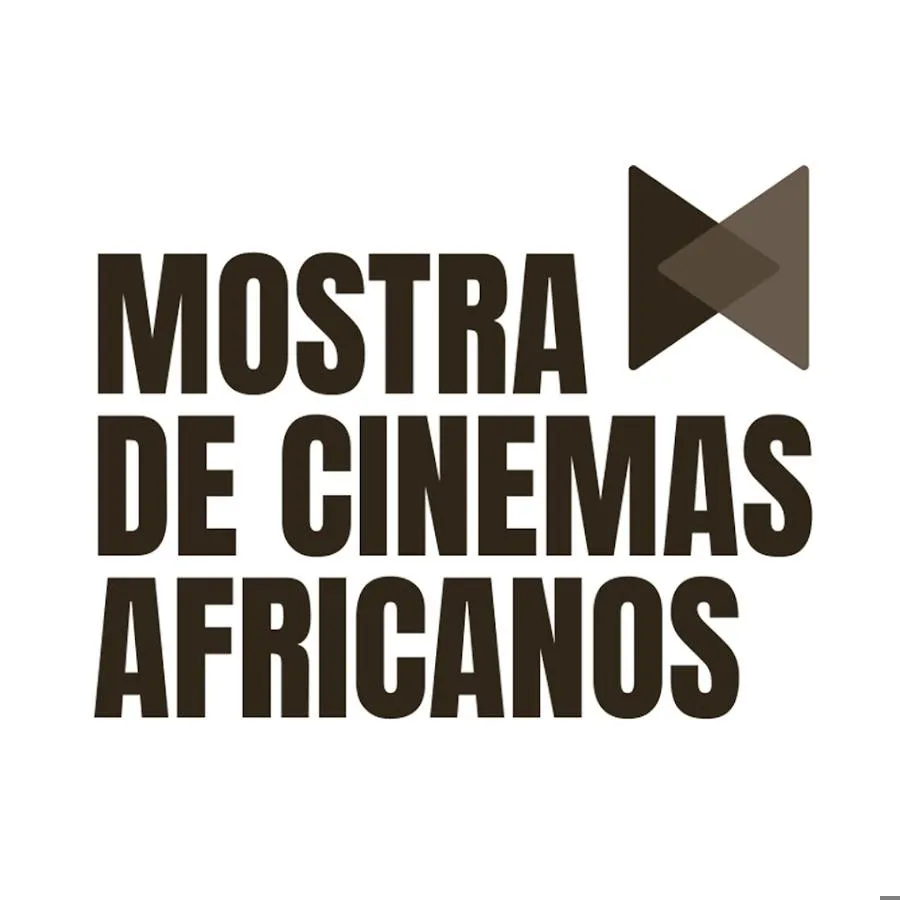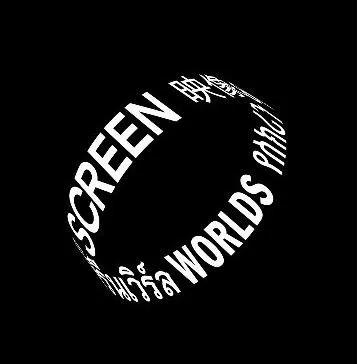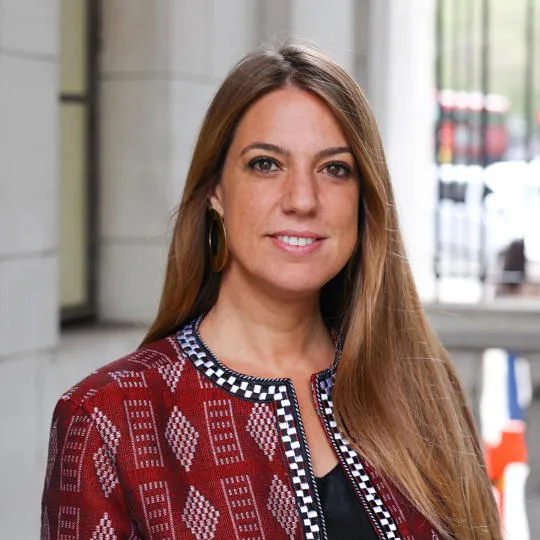Decolonizing Film Festival Research in a Post-Pandemic World
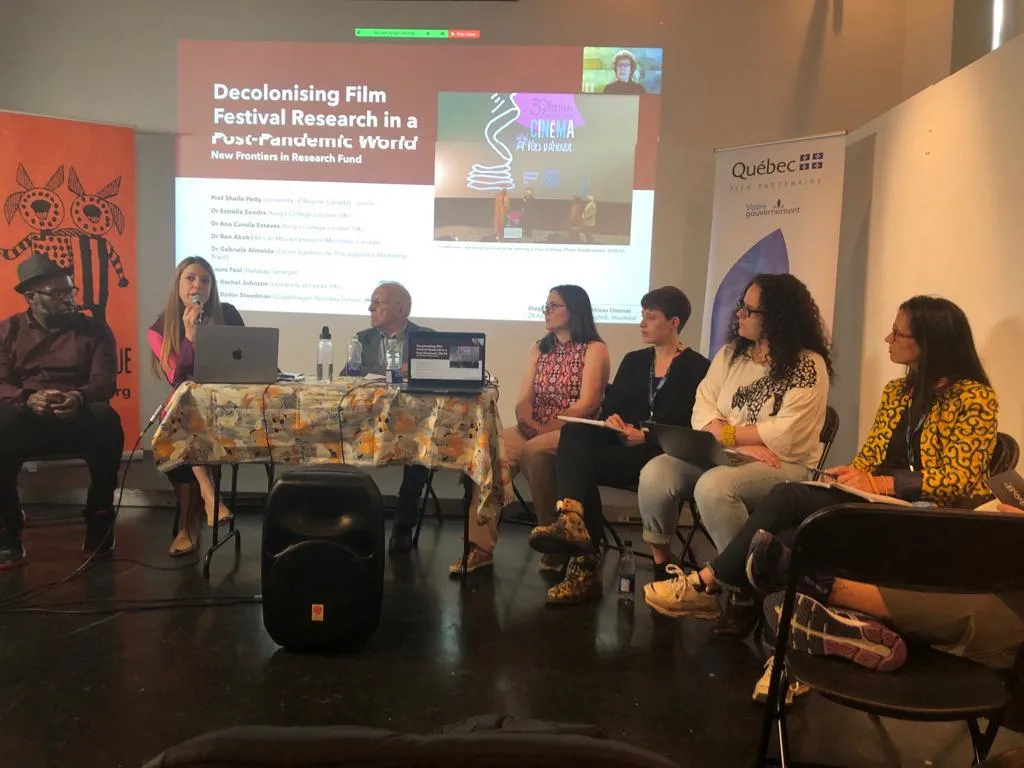
We are extremely grateful to all research collaborators who have made this project possible. These include:
- Dr Gabriela Almeida (Graduate Program in Communication and Consumption Practices, PPGCOM ESPM, Brazil)
- Laura Feal (Hahatay Association, Centre Culturel Suñu Xarit Aminata, Senegal)
- Dr Ben Akoh (Manitoba African Film Festival Inc., Canada)
- Dr Rachel Johnson (University of Leeds)
- Dr Robin Steedman (Copenhagen Business School, Denmark)
- Professor Lindiwe Dovey (Screen Worlds, SOAS, University of London, United Kingdom)
This project draws upon research supported by the Government of Canada’s New Frontiers in Research Fund (NFRF).

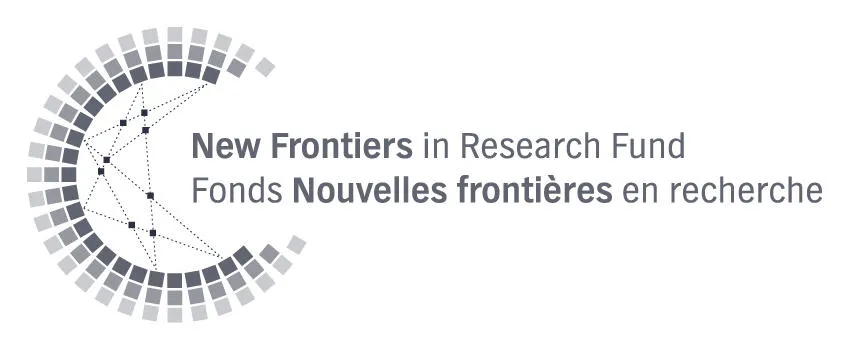
This project has received ethics approval from The University of Regina Research Ethics Board: REB# 2022-057.
Aims
COVID-19 has had clear disruptive effects on global film festivals, with postponed editions andcancellations. Yet, it has also fostered a reflexive environment where problematic hierarchical issues have become productively salient. This project proposes a first step in the process of decolonizing film festival research by bringing together an international team of African film festival researchers to investigate methods to decolonize festival research.
The team has designed and trialled an innovative and accessible two-part Decolonial Test, able to: 1) Identify potential unconscious bias in the research design itself; and 2) Develop a series of justice, equity, diversity and inclusion variables that can foster inclusive, dialogical and polycentric ways of knowledge production and dissemination which will in turn ensure ownership of the process for communities concerned.
Methods
Test 1 has now been created and trialed to help students and researchers in the research design, in preparation for fieldwork and conducting interviews with festival participants. The test seeks to increase self-reflexivity from the very beginning of the research process as a first step towards decolonizing research practices. These are a set of questions to think about, including issues around positionality, access, multilingualism, dialogue, engagement in reciprocity practices, diversity, pluriversality and inclusivity of knowledge production and dissemination. The researcher should note that this is just a starting point in the research process, which should be followed by further dialogue and exchange with the participants. We recommend researchers to engage in peer feedback, asking someone else in the team (if the research is led by a group of researchers) or in a related research field (in case the research project is individual) to ask them the questions in this Decolonial Test: Part 1, and reflecting together about the answers. Following this, the lead researcher should design a fieldwork plan, with the key contacts, spaces, resources, and aspects to consider when being on the field, with reference to both the questions in the Decolonial Test: Part 1 and Part 2.
Test 2 has been designed and trialled as an interview guide for students and researchers interested in understandings and practices of decolonisation in the context of film festivals. It should be conceived as a flexible guide, to be adapted to the different contexts of research. When designing and conducting the interview, we recommend taking into account the relationship with the interviewee, trying to ensure care and safety in the process of learning through listening.The follow-up focus group is an opportunity to unpack further some of the answers given to the Part 2 Decolonial Test, and to emphasise the dialogical dimension of this research method, conducted in conversation with research participants, following the festival dates.
Researchers have now polished this test, identifying strengths and limitations experienced throughout the process.
Our Partners

SOAS, University of London
University of Leeds
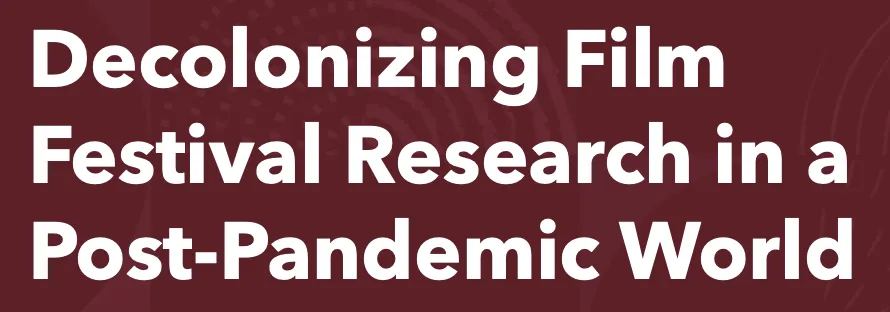
Principal Investigators
Investigator
Project websites
Funding
Funding Body: New Frontiers in Research Fund, Government of Canada
Amount: $237,779 [NFRFR-2021-00161]
Period: March 2022 - May 2024

